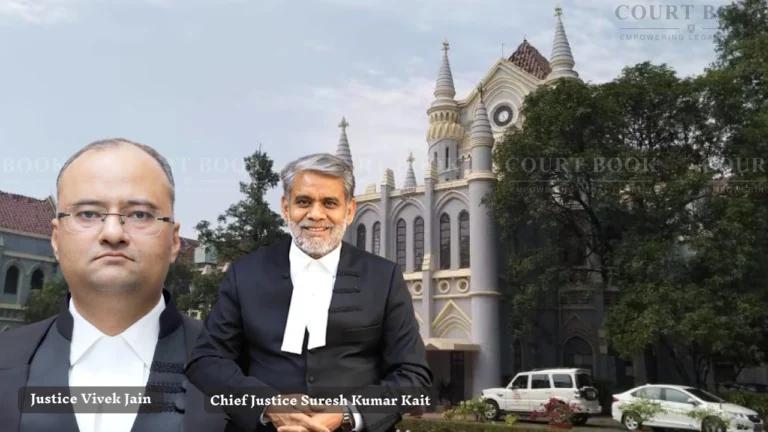The Madhya Pradesh High Court recently upheld the discharge of a Civil Judge (Junior Division), Kaustubh Khera, whose service was terminated after being found unsuitable during his probation period. The Court confirmed that the discharge was not punitive, despite several allegations of misconduct.
The judicial officer had challenged the order issued by the State Government on September 5, 2024. The decision followed the recommendation of the High Court’s Administrative Committee and was approved by the Full Court. Khera, who was appointed in March 2019, had completed over five years on probation.
Read Also:- Madhya Pradesh High Court Petition Seeks Action Against Communal Reporting by Hindi Newspapers
“The discharge is not punitive in nature and does not disqualify the officer from future appointments,” the Court stated, clarifying the nature of the order.
Khera argued that the termination was based on complaints and thus punitive. He submitted several documents under the Right to Information (RTI) Act, including allegations of verbal abuse, physical threats to court staff (including women), and imposing punishments like sit-ups and fines on advocates and staff. He also pointed to a discrete inquiry report conducted by District Judge Nadeem Khan, which found prima facie substance in the complaints.
However, the Court noted that no formal charge sheet was filed, and no disciplinary proceedings were initiated. It emphasized that the discharge was based solely on an evaluation of the officer’s suitability during probation.
“There is a clear distinction between punitive action for misconduct and assessing an officer's performance during probation,” the bench noted.
Khera’s Annual Confidential Reports (ACRs) from 2020 to 2023 reflected mixed feedback. While he scored a grade "B" (Very Good) in 2019 and 2023, other years noted average or below-average performance. The remarks from District Judges highlighted issues such as low quality of judgments, lack of discussion of evidence, and a tendency to focus more on non-judicial matters than court proceedings.
In particular, the ACR of 2023 stated:
“Though he disposed of 96 out of 100 listed cases and earned 8.04 units per day (very good category), the quality of judgments was below expectation. Orders lacked detailed reasoning and evidence marshalling.”
The Court highlighted that the purpose of probation is to assess the overall conduct and efficiency of an officer. Even uncommunicated remarks in ACRs can be considered for this purpose.
Read Also:- MP High Court Permits NEET UG Result Declaration Across India, Except 11 Indore Centres
Referring to precedents from the Supreme Court, the bench ruled that as long as the discharge order is not based solely on allegations of misconduct and does not carry a stigma, it cannot be considered punitive.
The petitioner had also argued that he was not issued a one-month notice as mentioned in the recruitment advertisement. However, the Court clarified that such advertisement terms cannot override statutory rules, which do not require such notice.
The bench also rejected the claim of deemed confirmation after three years of probation, stating:
“Rule 11(d) of the MP Judicial Service Rules, 1994, makes it clear that successful completion of probation and suitability must be confirmed by the High Court. There is no automatic confirmation.”
In conclusion, the Court affirmed that the Administrative Committee and the Full Court had rightly exercised their authority under Rule 11(c) of the 1994 Rules. They found the officer unsuitable for the post based on overall performance and not misconduct.
Case title: KAUSTUBH KHERA Versus THE STATE OF MADHYA PRADESH AND OTHERS















